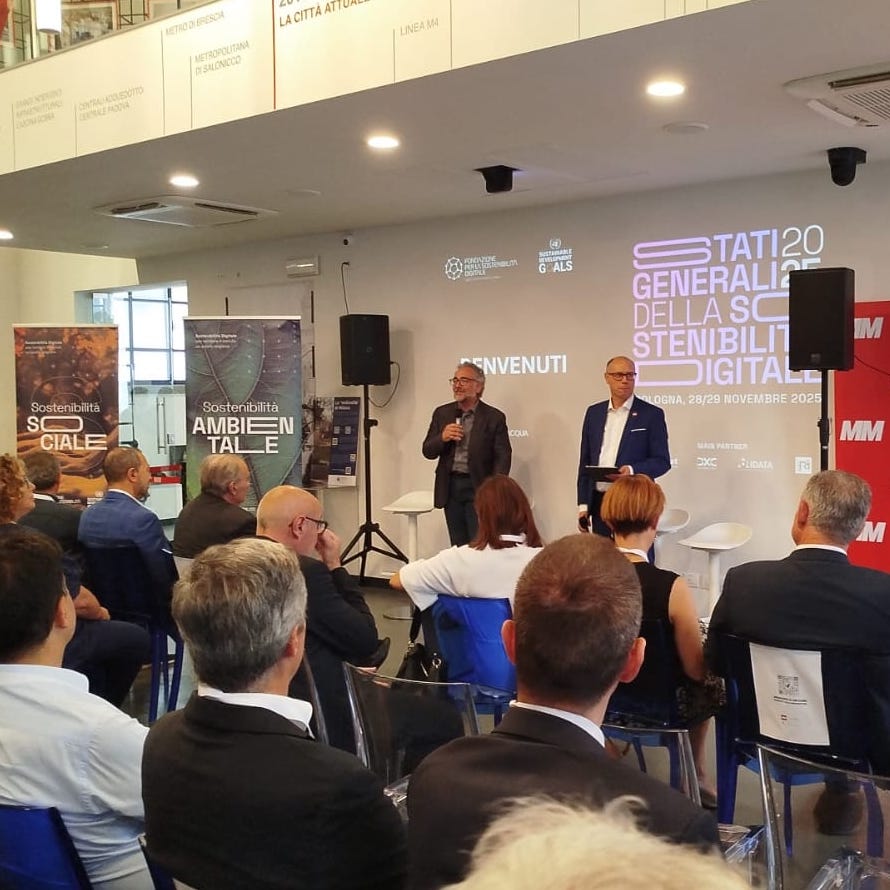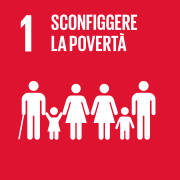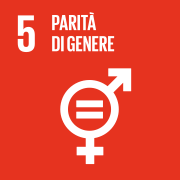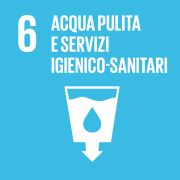
Charged with energy and new visions, the journey towards the 2025 edition of the Stati Generali della Sostenibilità Digitale continues. On Thursday afternoon, in fact, one of the traditional intermediate meetings of the community set up by the Foundation for Digital Sustainability in 2022 took place: the event, organised – thanks to the hospitality of MM Spa, a supporting partner of the Foundation – in the evocative setting of the Centrale dell’Acqua in Milan, was not only an opportunity to present the next edition of the Stati Generali, but also to address central themes that will shape the future of digital policies and sustainability.
New entries
“These moments of meeting and confrontation are important because they give concreteness to the path of the Foundation for Digital Sustainability. In this historic moment, it is important to share insights, ideas and concrete solutions to make digital a tool for sustainability together,‘ said the host, Francesco Mascolo, CEO of MM Spa, at the opening of the event, who went on to say that ‘it is important that digital sustainability becomes a priority theme for the CEOs of the companies that make up the Foundation, with whom I would like to promote a dedicated working table.
The Foundation’s network of partner companies, moreover, continues to be enriched with important new entries: such as those of Gyala and E.ON Italia, presented to the community right at the opening of the meeting. “Certainly an aspect on which we still need to work is that of awareness, both of consumers and sometimes of companies,” stressed Daniela Leotta, Chief Strategy, Sustainability and Communication Director of E.ON Italia. “There are positive signs: Gen Z and Millennials are better informed, more attentive and also more comfortable with digital tools, but there is still a long way to go. Even in companies, technology is often seen only as a driver of efficiency or business. Instead, a broader vision is needed, one that also recognises the environmental and social benefits of innovation. It must be an innovation of purpose and impact on all these aspects, because that is where digital sustainability is at stake’.
“Digital sustainability is the ability to build a digital ecosystem that lasts over time, without consuming more than it gives back,” explained Nicola Mugnato, CTO and Founder of Gyala. “It‘s not just about reducing the energy footprint of the cloud or shutting down unused servers. It is much more than that. It means designing technologies that are efficient, secure and inclusive, that don’t force companies to change everything every two years, but help them make the most of what they have. Digital sustainability is doing things well, with intelligence and vision‘.
The Geopolitics of Digital
In the continuation of the meeting, there was an important contribution on the topic of the ‘Geopolitics of Digital‘ – which he prefers to define, simply, as international relations – by Giulio Sapelli: Professor of Economic History at the University of Milan and former lecturer at the London School of Economics, as well as one of the most authoritative Italian economists and historians.
Drawing on his vast experience – combining academic rigour with business vision – his talk addressed crucial issues today, related to the strategic choices business leaders are called upon to make in order to manage digitisation and innovation in an increasingly segmented global environment.
“The international order is profoundly changing: in short, one could say that what, for many years, was called the era of globalisation is over,” explained Giulio Sapelli. “Today, in fact, we are in a historical period that represents a return to a conception of international relations based on conflict. Now, technological resources, rare earths, will also become grounds for conquest, and this is a radical change: in this context, the task of business leaders will be to anticipate the dangers that may come from this breakdown in international relations‘.
The sustainability of AI
Ample space will then be given in the afternoon to the topic of Artificial Intelligence. Starting with the contribution of Kurt Hilgenberg, a professional with an international background and a career combining leadership experience in iconic companies – from Olivetti to Mondadori – and a long-standing academic commitment at the Berlin Polytechnic, where he teaches Media Sciences. More in detail, his speech highlighted the points of contact between Ethics and Regulation in the field of AI, exploring how, on the one hand, this technology opens up new possibilities for progress, but on the other hand raises profound questions on responsibility, transparency, protection of rights and the role of regulations.
“Applied to artificial intelligence, law protects us from morality but at the same time requires a precise contextualisation of the field in which it is applied,” Kurt Hilgenberg emphasised. “On the subject of the ethics of artificial intelligence, a number of critical aspects need to be highlighted: among them, the systematic ambiguity between machines and humans, but also how and in what terms machines can have an ethical responsibility where the algorithm has no norms in itself.”
On this topic, then, a moment of great importance was the preview presentation, byGiovanni Battista Gallus, a member of the Foundation’s Scientific Committee, of the Framework for the definition of AI Policy for company personnel, developed within the Artificial Intelligence Working Group set up by the Foundation: an important contribution, this, for all those realities that are grappling with the challenges and opportunities related to the responsible adoption of AI in organisational contexts.
“Within the framework of the Manifesto for the Digital Sustainability of Artificial Intelligence, we thought of identifying a concrete aspect that concerns companies, i.e. the definition of a framework for the realisation of policies for the management of artificial intelligence systems, incorporating the fundamental principles, also legal and technical, of the Manifesto, in coherence with the AI Regulation,” explainedMr Gallus. “The first deliverable we want to release is a framework aimed at defining policies for employees: in fact, although the implementation of the AI Act is still in progress and some aspects are still missing, the problem today is to understand how to regulate, and what guidance to give, to the employee who uses, even spontaneously, artificial intelligence.”
















